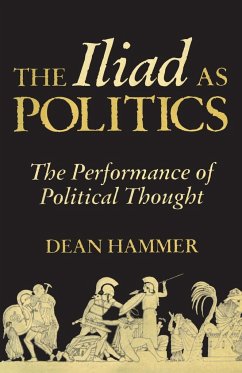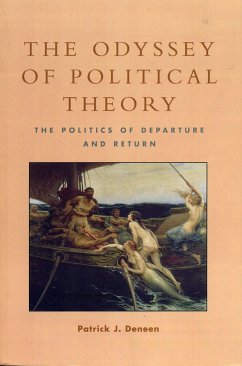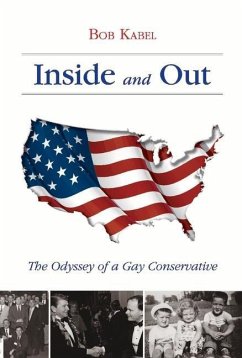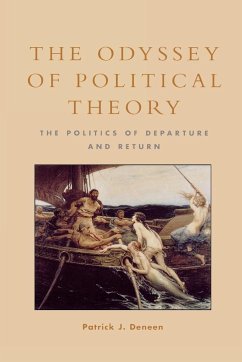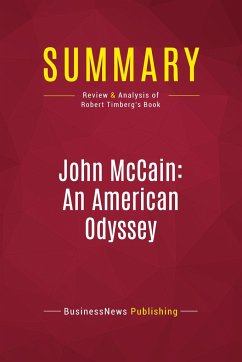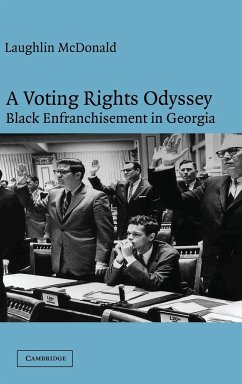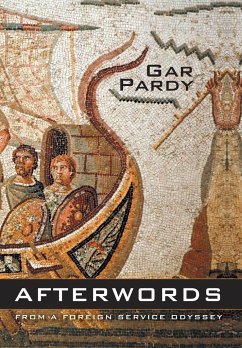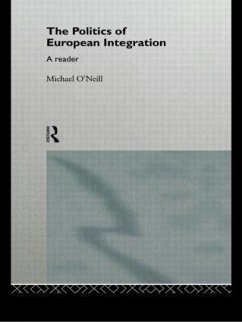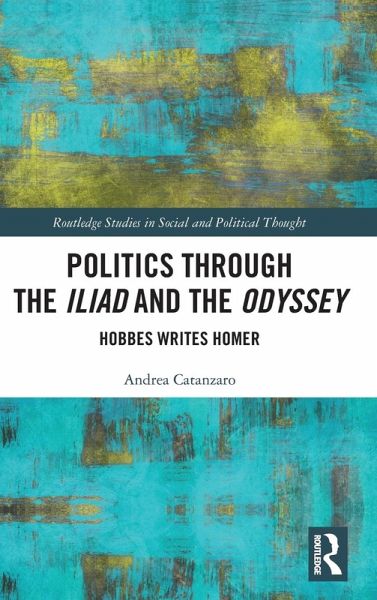
Politics through the Iliad and the Odyssey
Hobbes writes Homer
Versandkostenfrei!
Versandfertig in 1-2 Wochen
167,99 €
inkl. MwSt.

PAYBACK Punkte
84 °P sammeln!
Andrea Catanzaro's new theoretical interpretation offers an incentive to study Hobbes' lesser known works against the wider development of Western political philosophy and the history of political thought.



